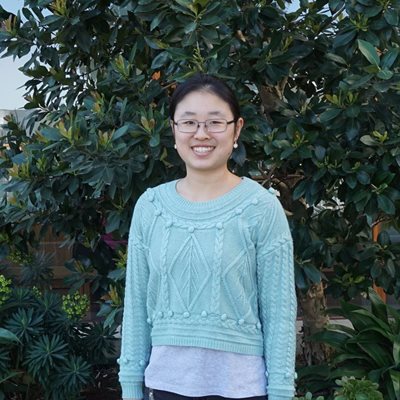September 11, 2017 Print
Congratulations to WIMR research student Sing-Young Chen who won an Australian Women in Endocrinology Outstanding Abstract Award for her oral presentation at the Endocrine Society of Australia Annual Scientific meeting.

Sing-Young received the award for her research investigating how a high-fat diet affects beta-cell gene expression in vivo; an important step towards preventing and treating type 2 diabetes.
Sing-Young said she hopes her research can highlight how a high-fat diet influences beta-cells to positively or negatively produce insulin.
“Diabetes develops when pancreatic beta-cells cannot release enough insulin to control blood glucose levels.
“By examining high fat diet-fed mice, we can measure how these stresses affect beta-cell gene expression and resulting insulin production in vivo,” Sing-Young explained.
Sing-Young’s research uses a novel technique known as TRAP – Translating Ribosome Affinity Purification – to isolate beta-cells in the pancreas.
“Cells in the pancreas are very diverse. Pancreatic islets contain all of the insulin producing cells in the body, but islets are only 1-2% of a normal pancreas and beta-cells are only 50-70% of islets.
“It has previously been difficult to study beta-cells without disrupting the rest of the pancreas.
“Using the TRAP method, I am now able to isolate these cells and extract the mRNAs specifically from beta-cells,” Sing-Young said.
Sing-Young also acknowledged and thanked her supervisors Professor. Jenny Gunton and Dr. Michael Swarbrick for their contribution to her research.
"I am grateful for their mentorship throughout my research project. They have taught me not only facts, but also how to think like a scientist,” Sing-Young said.
The Annual Scientific Meetings of the Endocrine Society of Australia and the Society for Reproductive Biology was held over four days at Perth Convention & Exhibition Centre.
The meeting brought together 700 delegates and national and international speakers representing a variety of specialties including endocrinology, cell and molecular biology, reproductive biology, gynaecology, pharmacology and rheumatology.
“As a student, attending the annual conference is a great opportunity to meet other researchers and learn more about what research is being done in the field nationally and internationally,” Sing-Young concluded.
Sing-Young is completing her honours degree through the University of Sydney.